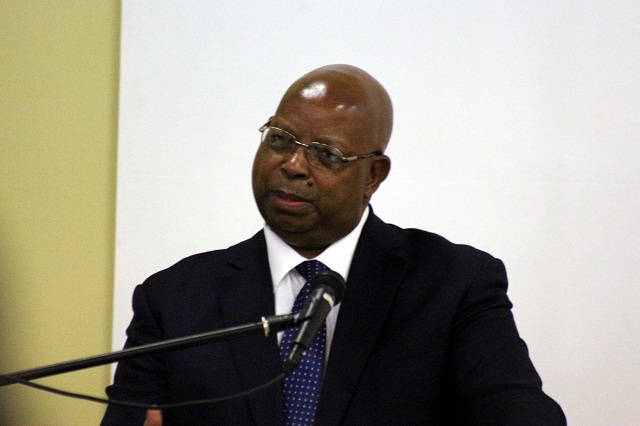A critical view of Special Economic Zones

Morris Mpala, MoB Capital Ltd
SPECIAL Economic Zones (SEZs) are by nature designated areas that offer tax incentives to investors through relaxed terms and conditions that would ordinarily apply to any economic firm. The main aim of the principle SEZs is to attract investment, promote exports and create jobs.
I will not be popular on this one but I think SEZs are not a solution especially where capital, finance and ownership of these entities is foreign.
My non-conventional thinking mind has just kicked in and I am being a devil’s advocate to add my two cents’ worth to the debate on the above.
The SEZ principle works well if ownership (capital, finance, and infrastructure) is local as the advantages accrued will go to benefit the local economy in the grand scheme of things.
This includes human capital. As disposable income to local labour is increased it also increases demand for goods and services. In addition SEZs status should be limited in operation. Companies should be given time frames by which they will have mastered the art of low cost production to make their exports more competitive.
Will this be for exports only as it would also supply local markets that give an unfair advantage to players chosen to participate in SEZs?
To top it all, the country would forgo taxes, which it badly needs at the moment.
The salaries could not be as competitive as those from non-SEZ areas and that means loss of income to the community and treasury. This would suppress demand for goods and services.
First and foremost I think if we deal with ease of business in our very resourceful country we will be half way to solving the much needed foreign direct investment (FDI).
Remember FDI involves Zimbabwean Diaspora remittances as well hence the need to harness local financial resources as these are sustainable.
Reports about the missing $15 billion in the diamond industry make a case for a thorough scrutiny of SEZs as well. To me SEZs in their current format will make the $15 billion dollar saga look like kindergarten tale. We talk about illicit flows and to me SEZs, if not handheld properly, would bleed the economy without recourse.
Do we have the muscle to negotiate with would-be partners for deals that favour us as a country given most of these deals could be sealed at individual level? Are individuals really accountable to the state on such deals? Do such benefits accrue to the nation at large or it will just be over night glory for individual companies?
Now imagine all this being foreign owned it means all accrued benefits will be shipped out of the place of production to the owners and no meaningful value will really be derived from SEZs.
The China scenario on SEZs is all about local ownership and the thrust is to export. The model is best suited to them and we are not really privy to the finer terms and conditions to make a very informed decision so we can only do some permutations and simulations based on unique circumstances.
Short term benefits could be employment, export proceeds, initial FDIs, market contacts, expertise but in the long run we are not convinced it is the way to go if it’s not tweaked to suit the respective situation.
The question is what do we want to benefit from SEZs? Can we quantify and qualify the benefits derived from these SEZs? When these entities then leave what do they leave behind? In some sectors nothing will be left as resources will have been depleted or non competitive after having flooded the market with goods from your country.
Given the relaxed rules and regulations there might not be value addition. Emotionally do not discount the value of addition and beneficiation concept.
Already the establishment of a body to oversee implementation is overloading costs to the structure of SEZs. Why not use existing structures if there is evidence that SEZs are the new dispensation. This comes with more expenses given the reduced revenue that comes with SEZs implementation.
Let’s proceed with caution and have extra debate on the timing, merits and demerits of this system. There is no need to hurry especially given that we are in challenges already as anything dangled to get us will look attractive because we want.
When we lack most solutions at face value seem plausible but in the long run it can be to the detriment of the country.
I strongly feel this is not the time to implement this noble and brilliant idea in its current form and format as this would bankrupt the country both financially and resources wise.
My strong recommendation is to go back to the drawing board involving captains of industry, politicians, tax authorities, think tanks and thrash out all concerns before implementation.
Those that are arguing for SEZs do not have facts nor tangible evidence as to its success besides that those other countries have implemented it.
The question is how they have implemented it; maybe it’s just export incentives, which we can also do without going through the SEZ route.
These trying times do not need trial and error as we need more reach before implementation to safeguard limited resources.
If you live in Bulawayo please conserve water. If you live in Zimbabwe please use electricity sparingly: SOS (switch off switches). If you live on planet earth please preserve the environment.
Morris Mpala is managing director MoB Capital (Pvt) Limited, a microfinance institution offering loans, micro-insurance and advisory services to small to medium enterprises as well as individuals.










Comments